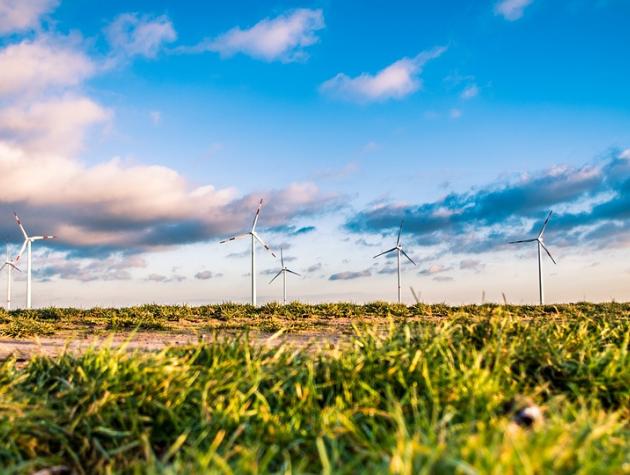GEG WP 2011/60 Climate Finance: Mobilizing Private Investment to Transform Development
Full Title: Climate Finance: Mobilizing Private Investment to Transform Development
Author:
Type: GEG Working Paper 2011/60
Abstract
Climate finance is a key issue at the heart of the international climate negotiations. While progress was made in Cancun, important questions remain to be resolved. These include how much additional finance is needed for mitigation and adaptation, how will the money be raised to meet these needs, how will resources be transferred to diverse recipients in developing countries
and how will progress and outcomes – reducing emissions of greenhouse gases (GHGs) and adapting to the impacts of climate change – be monitored? Climate finance can be a catalyst to
leverage private and public resources, open new economic opportunities, promote technology deployment and transform development pathways. But the need for climate finance comes on
top of existing gaps in “baseline” development finance. While climate finance will come from both public and private sources, a critical goal of the design of any climate finance architecture
will be to ensure that scarce public funds are used to leverage and mobilize private finance. In particular, given the enormous volume of investable funds in institutional investment pools, public finance should aim to promote investment opportunities that can attract funding from these sources. This note suggests some ideas for using public climate finance to mobilize substantial private financing to allow developing countries to move to low carbon and climate resilient development paths.
Author Bio
Michele de Nevers is a Visiting Senior Program Associate at the Center for Global Development. She was a Visiting Fellow at the Global Economic Governance Programme at University College, Oxford, in 2010-2011. She worked for 29 years in the World Bank, most recently as Senior Manager of the Environment Department, where she led the preparation of the WB's new corporate Environment Strategy. She managed a team of staff that led the WB's work on climate change, environmental economics, biodiversity, pollution management and other environmental issues. She led the global consultations for the WB's "Strategic Framework for Development and Climate Change" that was approved by the WB Executive Board in October 2008. She was closely associated with the establishment of the Climate Investment Funds, the $6.8 billion in funding for investment in mitigation, adaptation and forestry in developing countries.






